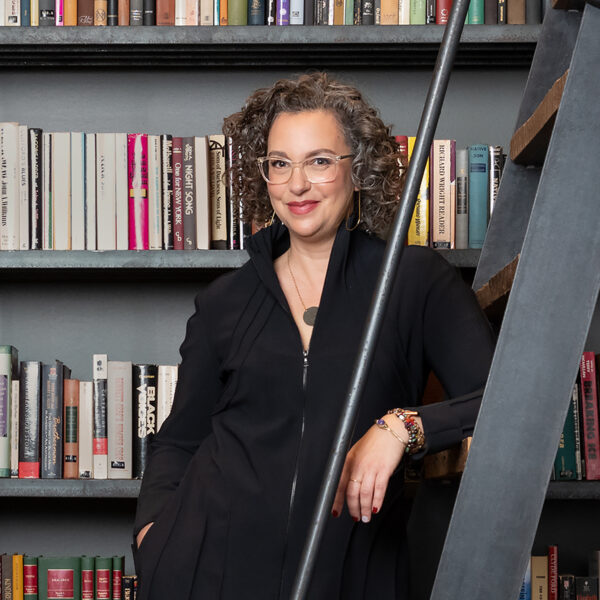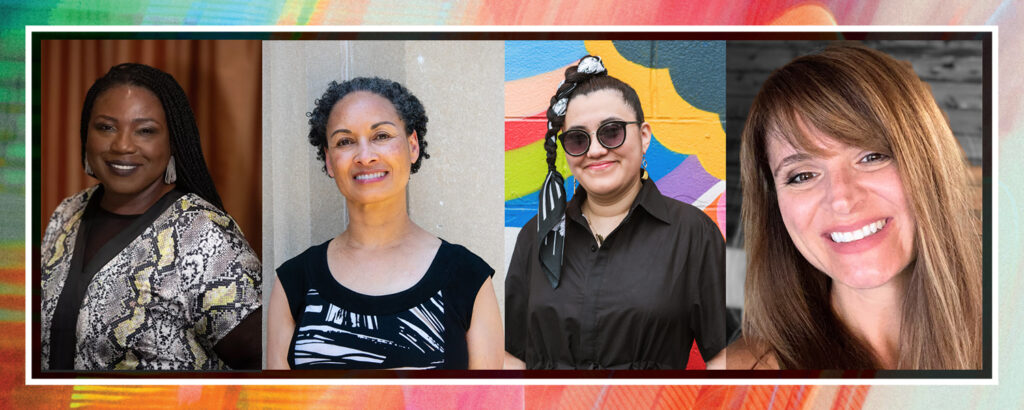
There has been a spate of articles recently about the “crisis” in the humanities. The crisis, by and large, refers to a significant decrease in the number of humanities degrees being granted. To quote a line from “The End of the English Major” by Nathan Heller in the New Yorker, “Enrollment in the humanities is in free fall at colleges around the country.”
This is not a new story. Degrees in the humanities are in decline and have been for decades. There are significant factors, money being the first of them: financial support for the humanities at colleges and universities at the national, state, and local level has been in decline since a high point in 1958 when the United States appropriated $1b for the National Education Defense Act. Money is also a secondary factor: graduating with a degree in a humanities-related field can be harder to translate into a job than a degree in engineering, medicine, or finance.
But I’d argue that measuring the vibrancy of the humanities in terms of college majors is profoundly misleading. Deeply caring about arts, culture, history, and ethics does not require a university degree. There may be a decline in college degrees being granted, but I’m not sure this isn’t being offset by a tremendous upswell in public interest and engagement in what the humanities are all about– identity, belonging, meaning, and narrative. These are what we are fundamentally wrestling with as a society. These things are the humanities in action.
What is the role of monuments? Who gets to have a monument and why?
What books should all kids read? What books should people who are incarcerated have access to?
Whose story gets told? Who gets to do the telling?
The humanities are currently so relevant they are at the center of an increasingly acute culture war playing out not only in Washington DC on the floor of Congress, but in local school board meetings.
If anything, the humanities – particularly in Illinois – are alive and growing as part of a vibrant ecosystem of organizations and people who are leveraging the power of the humanities to celebrate complex histories, create space for conversations, and bridge differences.
Take our recently announced 2023 Public Humanities Awardees: these four women (Happy Women’s History Month!) have dedicated their lives to responding to community demand for access to books, stories, and conversations.

Executive Director Stephanie Manriquez ensures Contratiempo meets the call for access to cultural contributions of the Spanish-speaking population of the United States; Rebecca Ginsburg’s work through the Education Justice Project provides much-needed high-quality post-secondary education courses to people who are incarcerated and reinforces these with re-entry resources. In her role as director of a public library, Alyson Thompson spearheaded efforts in Marshall (population 3,947) to become designated as a first-responder site during the arrival of COVID-19. The library has been investing heavily in expanding local genealogical resources and archives, ensuring that people can connect with their histories – and contribute to a local archive for future generations. Tracie D. Hall, who is the country’s champion in chief for our public libraries as the Executive Director of the American Library Association, has dedicated her life to changing systems that limit access to the arts and culture creation, and participation.
A month from now Illinois Humanities will release our new report, “History is Happening: The State of the Humanities During COVID-19.” I won’t give all the findings away, but I’ll share this: in every county in Illinois, there is a group of people who are actively using the humanities to make their communities more inclusive, just, and livable – even when they work without paid staff, access to the internet, or dedicated funding.
I recently finished “American War,” by journalist-turned-novelist Omar El Akkad. A line continues to stay with me: “You fight the war with guns, you fight the peace with stories.”
The need for peace, and stories, is critical. The public humanities are not in crisis; they are what we need to respond to crisis.
Gabrielle Lyon
Executive Director
About Illinois Humanities
Illinois Humanities, the Illinois affiliate of the National Endowment for the Humanities, is a statewide nonprofit organization that activates the humanities through free public programs, grants, and educational opportunities that foster reflection, spark conversation, build community and strengthen civic engagement. We provide free, high-quality humanities experiences throughout Illinois, particularly for communities of color, individuals living on low incomes, counties and towns in rural areas, small arts and cultural organizations, and communities highly impacted by mass incarceration. Founded in 1974, Illinois Humanities is supported by state, federal, and private funds.
Learn more at ilhumanities.org and on Facebook, Twitter, Instagram, and LinkedIn @ILHumanities.
Featured image caption:
Executive Director Gabrielle Lyon (left) joined representatives from around the country in D.C. this month for Humanities on the Hill, a gathering of state humanities councils to advocate on behalf of public humanities funding and the National Endowment for the Humanities.